Can Bumble Bee and Nestlé hook the world on fishless fish?
GreenBiz
JUNE 8, 2021
Overall, businesses creating all sorts of meat alternatives raised $3.1 Alternative meat, dairy and egg products make up more than half of that, at $2.1 If the sourcing is done carefully, fake fish also should be devoid of the mercury and microplastics that can stem from ocean plastic pollution.


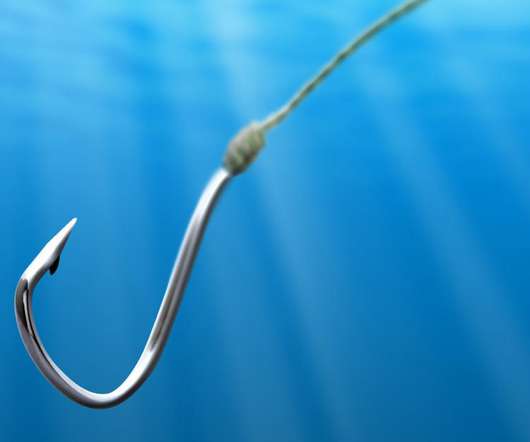
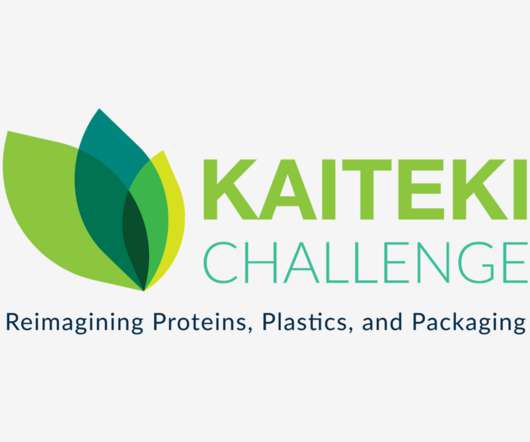
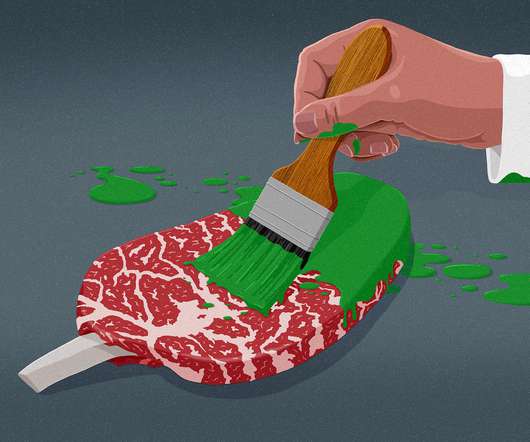

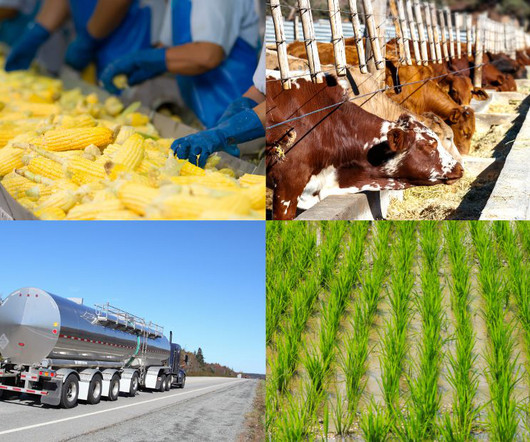
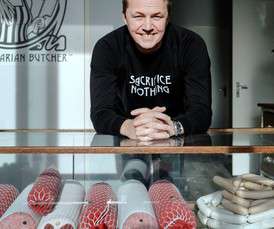
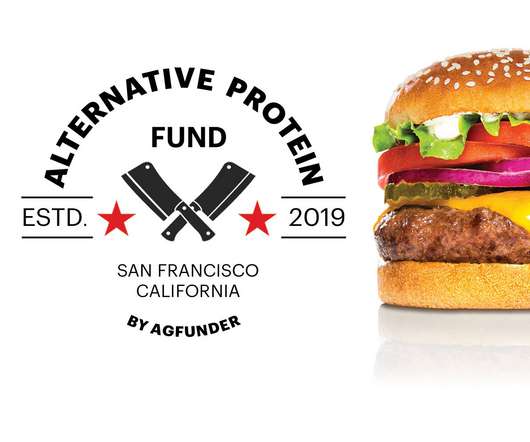

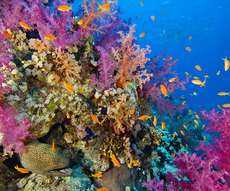
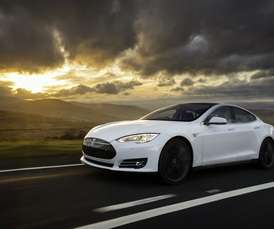








Let's personalize your content